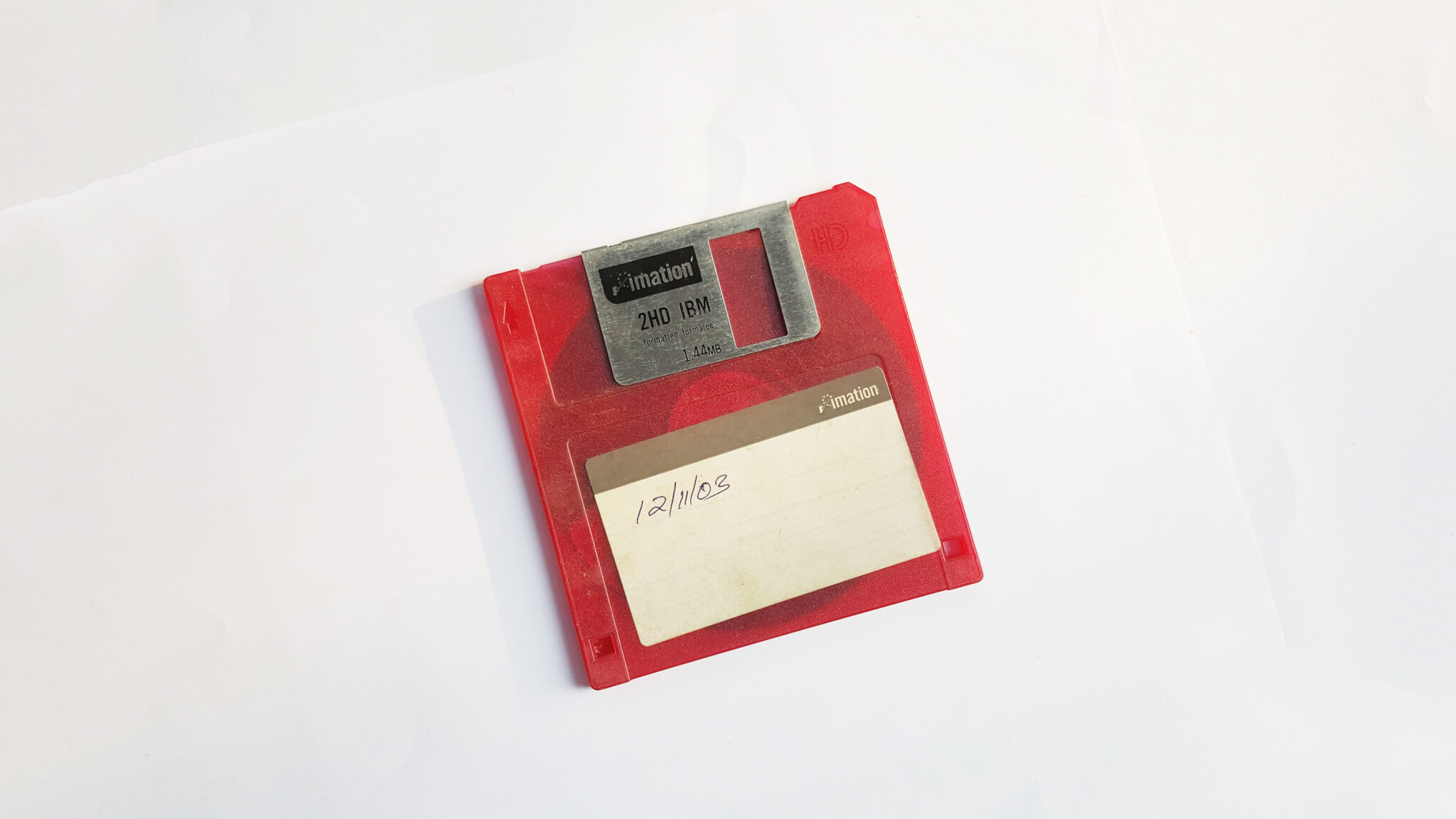
Memory work is the process of memorizing information to facilitate learning.
Memorizing key definitions, facts, and processes allows students to access this information instantly and effortlessly when they need it for more complex learning tasks, reducing cognitive load.
For example, a student who has memorized their multiplication and division facts will be able to focus on the complex algorithm for long division rather than expending brain power solving individual equations. A student who has memorized key history dates will quickly and easily place an event on their mental timeline, relating it accurately to other past events.
This post is part of TLDR (“Too long, didn’t read”), a series of very short articles that explain common homeschooling terms.
Copyright 2022 by Drew Campbell, PhD. All rights reserved.
Drew Campbell is the author of Living Memory, I Speak Latin, and Exploring the World through Story, and co-author, with Courtney Ostaff and Jennifer Naughton, of How to Homeschool the Kids You Have. She is a veteran homeschooler and has worked as a classroom teacher, private school administrator, and independent tutor.
